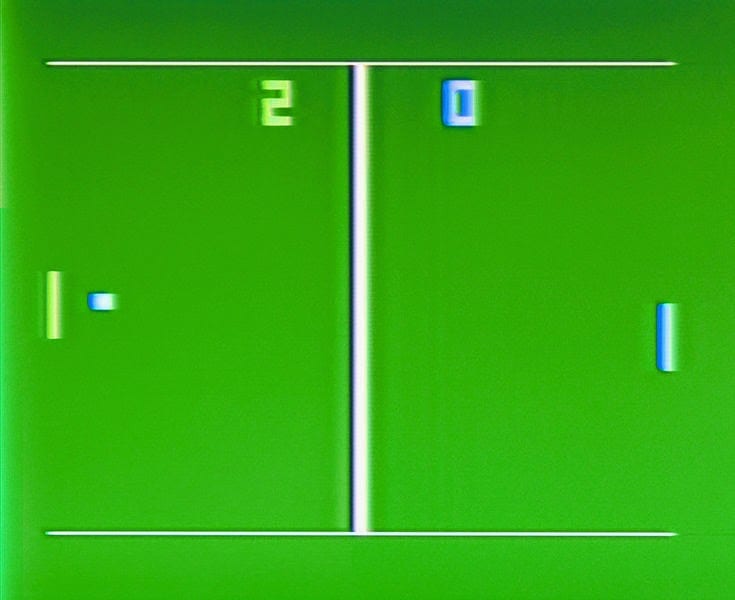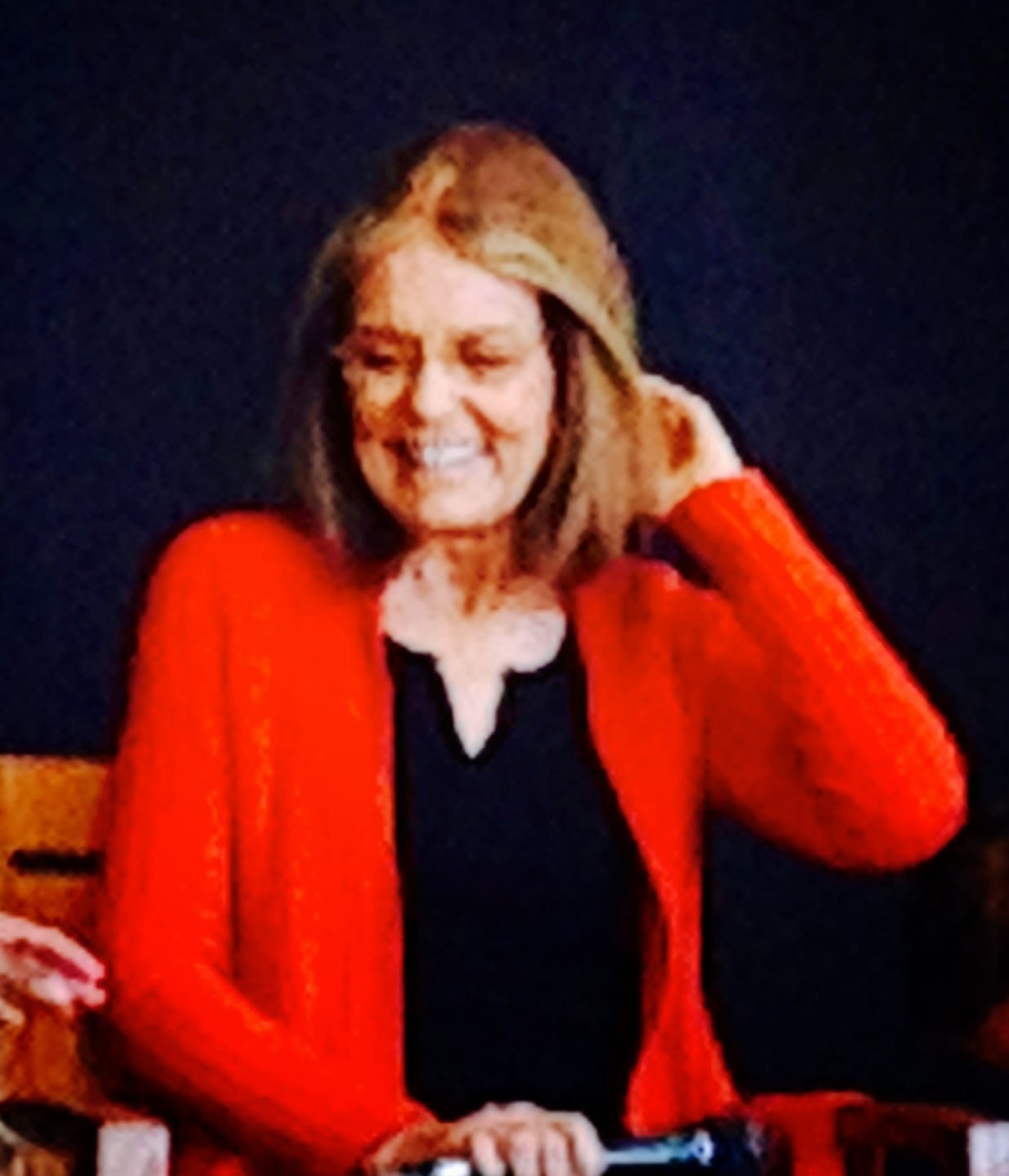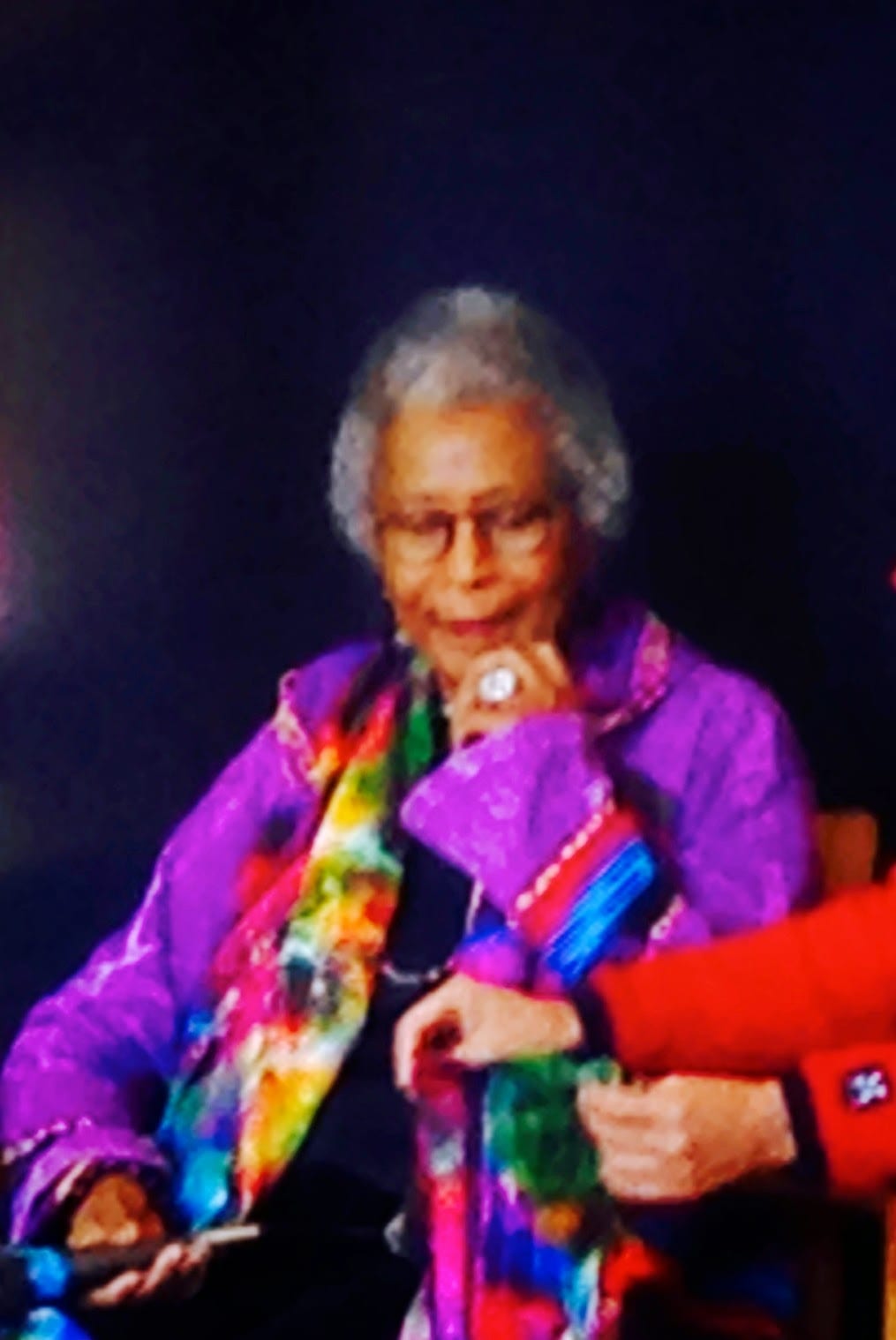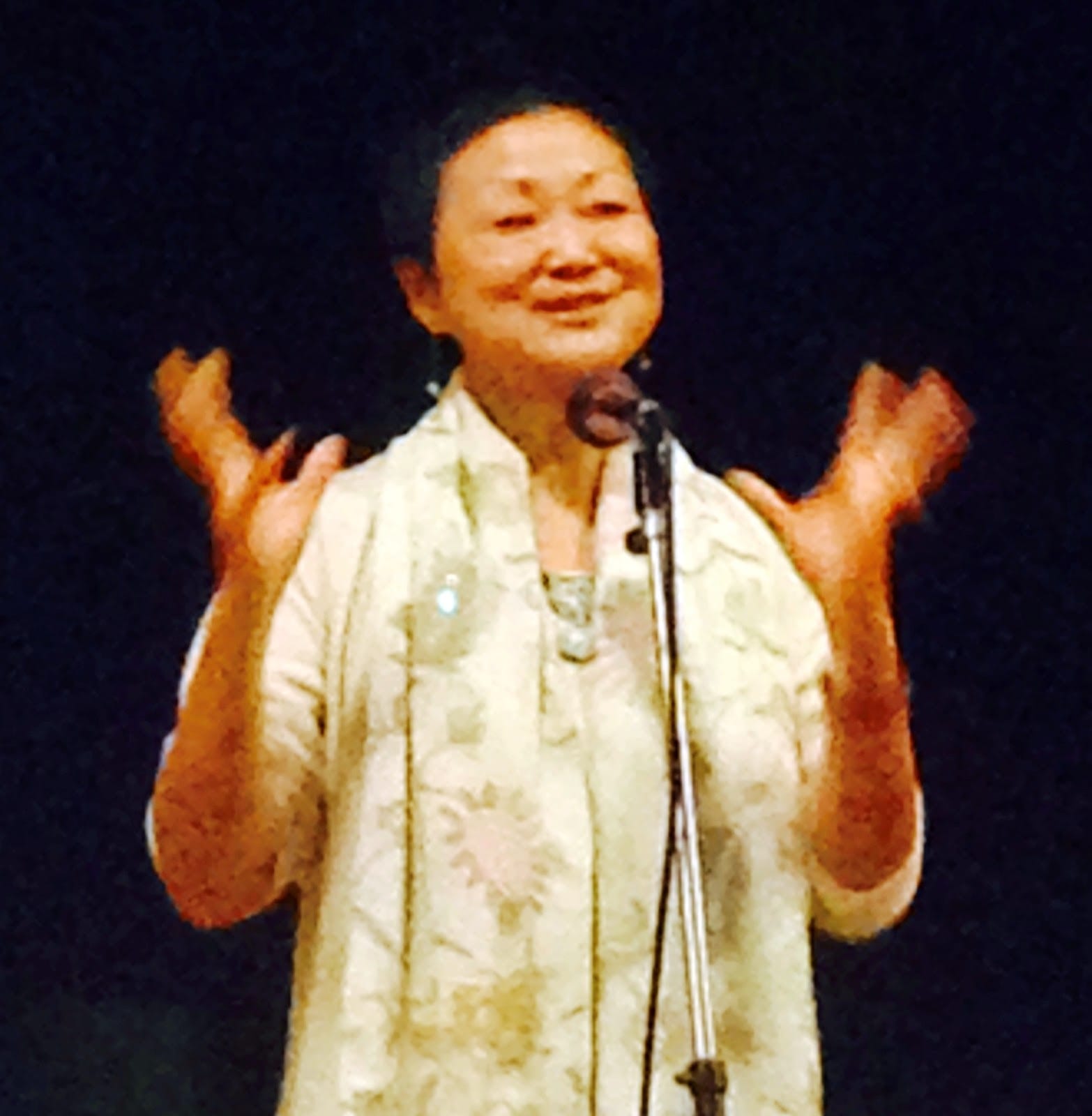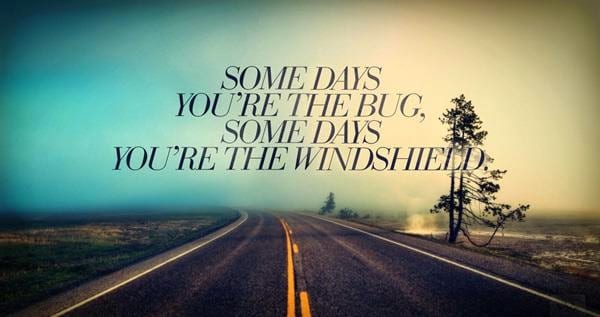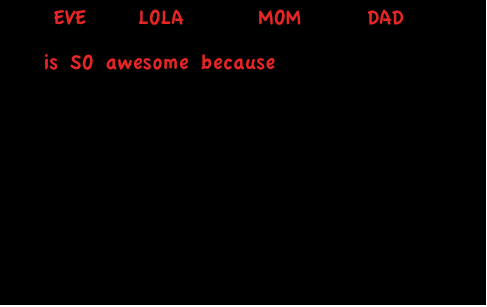evidence of how we are failing our children. The fact that we have systems in
place to mobilize grief counselors within our communities, that there are
protocols and sample dialogues to help parents talk to their children about gun
violence in their schools tells us we are doing something wrong. That a “popular,” “happy” high school
student from a “prominent” family could post his anguished feelings multiple
times over a period of weeks on Twitter prior to shooting his friends and
turning his weapon on himself and the media headlines read “Motive Still
Unknown” is shocking to me.
am not blaming the family and friends of school shooters for not intervening,
not anticipating that they will react this way to their deep sadness. I am
saying that we as a society are failing our kids in an elemental way by waiting
until something horrific happens to talk publicly about difficult emotions
instead of teaching our kids how to recognize and process those emotions throughout
their lives.
vital things we know are at play here. First, adolescent brains are literally
wired differently than adult brains. The brain of a teenager is subject to
emotional storms that are not yet mitigated by logic, primarily because that
portion of their brain is not yet fully developed. When a teenager is feeling
strong emotions, they are not being ‘dramatic’ or ‘over-reacting,’ they are
simply responding to the chemical reactions swirling around in their heads. To
expect them to push aside or disregard those biochemical impulses is simply
unrealistic. Instead, we have to teach them to mitigate those responses, to
acknowledge their feelings and process them appropriately, but all to often we
expect them to “get over it” or we feel uncomfortable when they are upset and
we minimize their feelings to make ourselves feel better.
spend billions of dollars each year teaching our children to read and write, to
apply mathematical formulas to complicated problems, to find patterns in
history and science, and we neglect to talk to them about what it means to be
human. While it is vitally important to have these kinds of conversations within
family systems, it is equally as important to acknowledge these emotional
challenges within a wider audience, to normalize them as much as we can. If we continue to send the message that
learning to identify and process deeply painful feelings is a private endeavor,
we are missing the opportunity to show our children that they are supported
within a wider community, that they are not alone.
second thing that we know is that violence is often rooted in disconnection.
People harm others when they feel powerless, often because they are struggling
with ideas of their own worth or their place within the community. When an
individual does not feel part of the system or supported by it, they are more
likely to objectify and dehumanize the other people around them. It is through
that objectification that the threshold for violent acts is lowered – it is
much easier to harm someone you don’t feel connected to, that you have
demonized. Our educational system emphasizes individual accomplishments and
competition, values independence, and isolates students who are ‘different,’
both academically and socially. Without some sort of social-emotional education
that acknowledges the developmental stages of teens and tweens within the
context of the demands placed on them, we cannot expect them to flourish. We
may be raising a generation of students who can compete in the global economy,
but without teaching them what it is to be human, to experience pain and
rejection, to accept discomfort and work through it, we are treading a
dangerous path. Every time our children cry out in pain we are presented with
an opportunity to listen, to validate those feelings, to model empathy and compassion
and to teach them how to navigate those difficult times. This isn’t about
individual or family therapy, this isn’t about mental health treatment, this is
about acknowledging that our children are whole human beings who are developing
physically, mentally and emotionally and ignoring their social-emotional
development is creating a problem for all of us. Our children are killing each other to get our attention.
What is it going to take for us to start listening to them?



